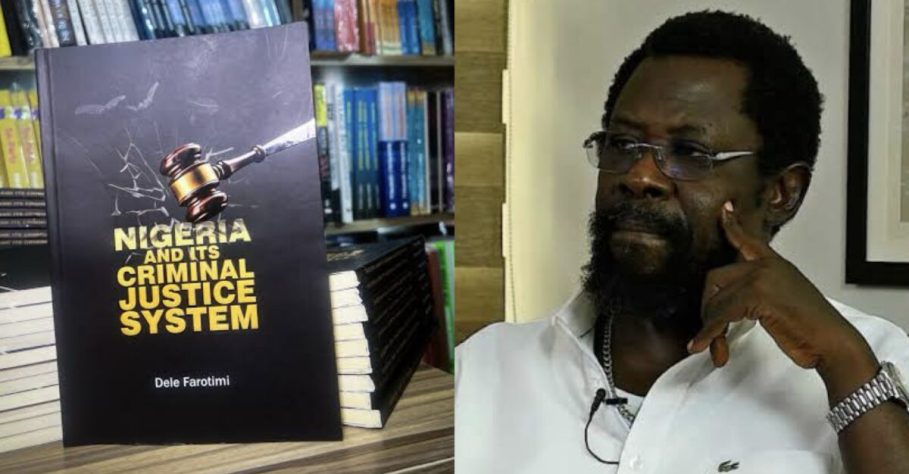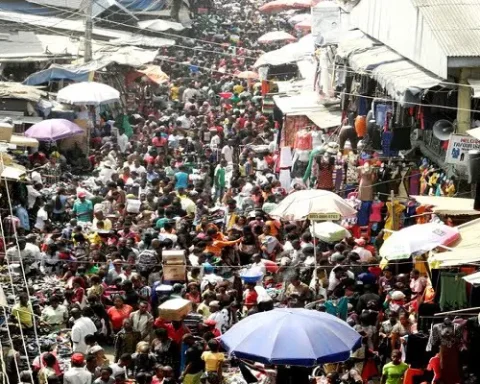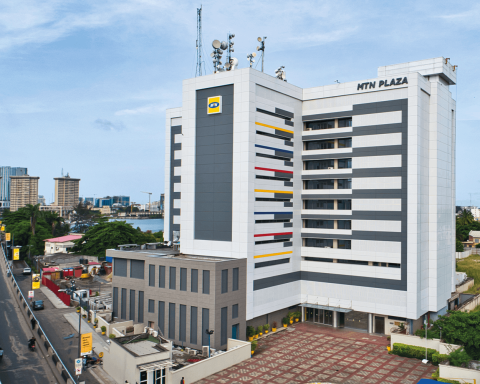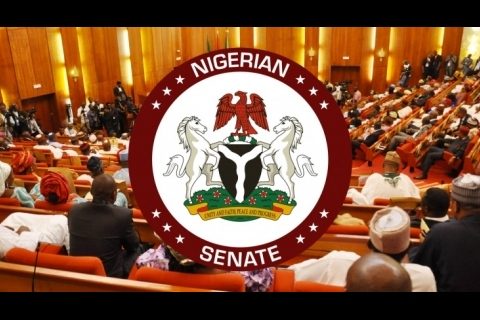Nigerian states are in a growing financial bind. Despite substantial increases in Federal Accounts Allocation Committee (FAAC) disbursements, they are racking up more debt. The figures paint a worrying picture: as of June 2024, the collective debt of the 36 states reached a staggering ₦11.47 trillion, a 14.57% jump from December 2023.
Behind this sharp rise lies a troubling paradox. If FAAC allocations and internally generated revenues (IGR) are increasing, why are states still borrowing at unprecedented levels?
Join our WhatsApp ChannelRising FAAC, Rising Debts
The Nigerian economy, heavily reliant on oil, has historically shaped state finances. The FAAC allocations, derived mainly from oil revenues, grew by 33.19% in 2023, reaching ₦5.4 trillion. Lagos State, for instance, generated ₦1.24 trillion in revenue, making up 14.32% of all states’ revenues.
Yet, this increase has not translated into fiscal stability. Analysts point to the naira’s devaluation, external debt obligations, and a culture of over-reliance on federal allocations as the culprits.
States like Akwa Ibom and Taraba rely almost entirely on federal allocations, with their IGR covering less than 20% of operating expenses. The situation has been exacerbated by uneven IGR growth, with some states, like Zamfara, seeing explosive growth, while others like Jigawa suffer declines.
“Borrowing Is a Symptom of Structural Weakness”
Dr. Mariam Ogundele, an economist at the University of Lagos, highlights the fundamental weaknesses in state finances. “The states’ dependency on FAAC allocations underscores a lack of fiscal autonomy. Most states can barely generate revenues to fund basic services, forcing them to borrow,” she said.
READ ALSO: Growing Concern As Nigerian States Trapped In Debt Despite Rising Revenues
Ogundele argues that without significant reforms in tax collection, resource management, and infrastructure investment, the debt trajectory will worsen. “It’s not about how much FAAC you get but how effectively you use it. Sadly, many states aren’t doing enough,” she added.
The Burden of External Debt
Another factor compounding the crisis is the ballooning external debt. Foreign debt for states rose to $4.89 billion by mid-2024, driven partly by naira devaluation. This has made loan repayment obligations more expensive.
According to financial analyst, Michael Okonkwo, foreign loans, though attractive for their lower interest rates, have become a ticking time bomb. “The naira’s devaluation means states now pay back almost double what they borrowed. This is unsustainable,” he stated.
Okonkwo believes that a shift toward domestic financing and better fiscal discipline could alleviate some of the pressure. “Borrowing itself isn’t bad—it’s borrowing irresponsibly that’s the issue,” he noted.
Governance and Spending Gaps
At the heart of the debt spiral lies governance. Many states allocate large portions of their FAAC receipts to recurrent expenditures, leaving little for capital projects or debt servicing.
Policy expert, Aminu Bello, links this to poor fiscal planning. “Most states are stuck in a cycle of wasteful spending and misplaced priorities. For instance, instead of investing in infrastructure to boost IGR, they’re using FAAC for salaries and overheads,” he explained.
Bello also cited corruption as a critical factor. “Leakages in revenue collection and public expenditure remain rampant. Without transparency, even a tripling of FAAC won’t solve these issues,” he said.
Where Do We Go From Here?
The Nigerian debt conundrum reveals deeper structural issues in governance and fiscal management. While FAAC allocations offer temporary relief, the long-term solution lies in empowering states to stand independently.
Dr. Ogundele believes that technology could be a game-changer. “Digitising tax systems and eliminating cash transactions could significantly increase IGR. States must also explore partnerships with the private sector to diversify revenue streams,” she said.
Okonkwo agrees but warns against quick fixes. “This is not just about generating more money; it’s about spending wisely and transparently. Without accountability, we’ll be back here in five years discussing the same problems,” he concluded.
A Debt-Ridden Future?
As states continue to rely on borrowing to bridge financial gaps, the rising debt poses questions about Nigeria’s fiscal sustainability. The current trajectory suggests that even with increasing FAAC allocations, the debt problem will persist unless there are radical reforms.
“Nigeria’s debt issue is not insurmountable,” Bello remarked. “But it requires political will, honest leadership, and a commitment to fiscal responsibility. Without these, we are only postponing a financial disaster.”
In the face of these challenges, the question remains: how long can the states afford to borrow before the system collapses under its weight? The answer may depend on how quickly reforms are implemented to address the systemic flaws plaguing Nigeria’s financial framework.













